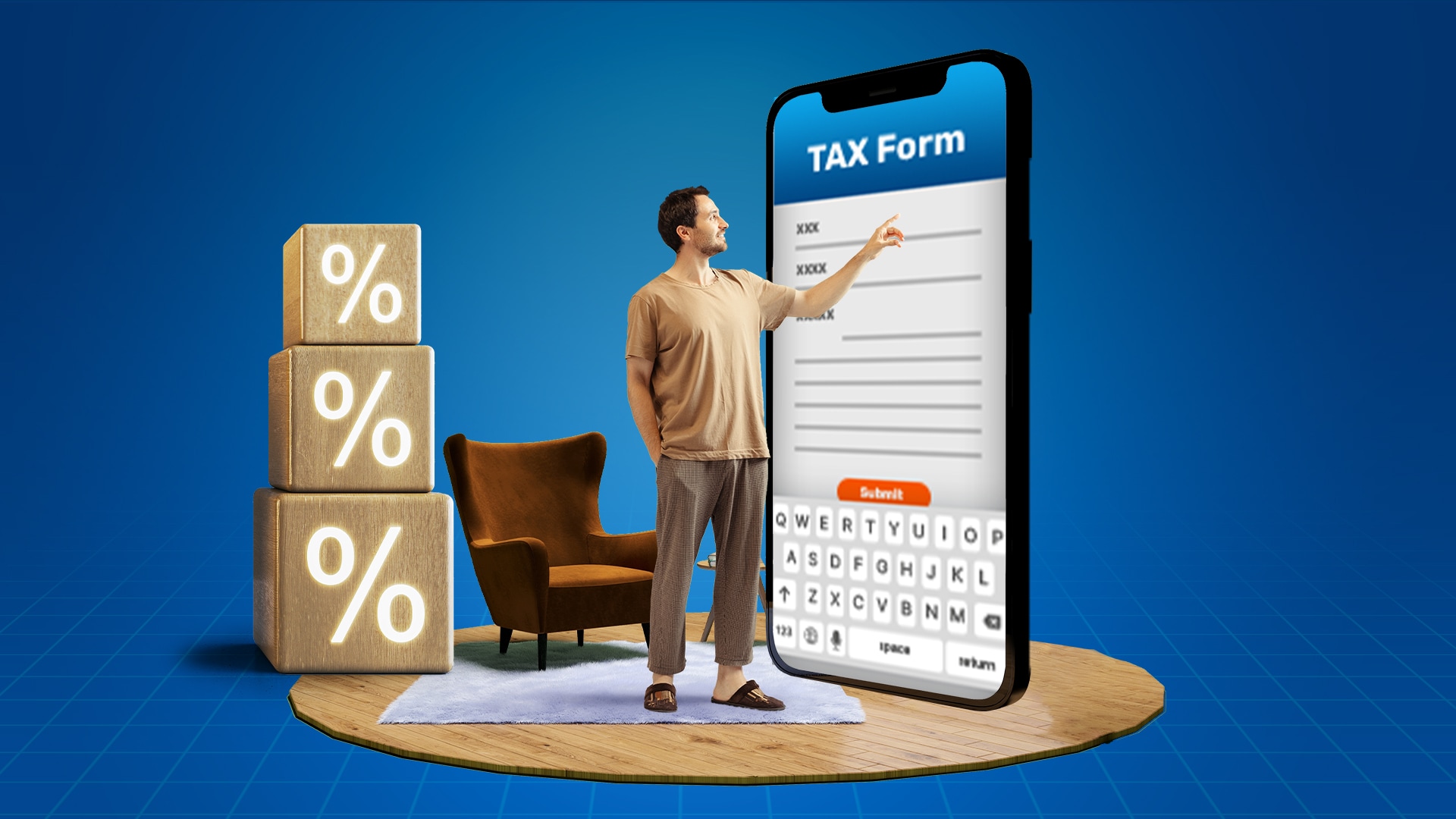When you do not have any of the investments or the expenses under Section 80C, is it still possible to save tax? The answer is yes. The Income Tax Act provides several tax-saving options other than 80C.
Here is an overview:
Section |
Particulars |
80EE |
Tax benefits on the interest portion paid by first-time home buyers |
80CCD |
National Pension Scheme (NPS) |
80D |
Premium paid for health insurance |
80E |
Interest paid on education loans |
24 |
Interest paid on home loans |
80EEB |
Interest on loans for electric vehicle purchase |
80G |
Donations to approved charitable organizations |
80GG |
Deduction for rent paid when HRA is not received |
80TTA |
Interest earned from savings bank accounts |
80TTB |
Interest earned on deposits by senior citizens |
54 |
Capital gains exemption from residential house sale |
54EC |
Capital gains exemption from sale of building or land |
54F |
Capital gains exemption from sale of capital assets other than residential house |
As shown above, there are multiple tax-saving provisions beyond Section 80C that provide tax benefits. Below is a detailed explanation of these tax-saving options other than 80C.
Section 80EE: Tax Benefits on Interest Paid by First-time Home Buyers
If you are purchasing your first home (meaning you have never owned one before), you can claim a deduction of up to ₹50,000 under Section 80EE. This is over and above the ₹2 Lakhs deduction allowed for home loan interest repayment under Section 24.
Section 80CCD: National Pension Scheme (NPS)
In addition to the ₹1.5 Lakhs limit under Section 80C, you can claim an extra deduction of ₹50,000 for investments made in the National Pension Scheme under Section 80CCD(1B). This allows you to claim up to ₹2 Lakhs in total tax deductions annually by investing in NPS. This is a key tax saving scheme other than 80C.
Section 80D: Health Insurance Premiums
You can claim deductions for premiums paid on health insurance for yourself, your spouse, and your children. The limit is ₹25,000 under Section 80D.
An additional deduction of up to ₹25,000 is available if you pay premiums for your parents, making the total deduction up to ₹50,000. If the individual is below 60 years and the parents are senior citizens (above 60 years), the deduction limit increases to ₹75,000. If both the individual and parents are senior citizens, the deduction can go up to ₹1 Lakh.
Section 80E: Education Loan Interest
Interest paid on education loans for yourself, spouse, or children can be claimed as a deduction under Section 80E. There is no maximum limit on the amount, and the deduction is available for up to 8 years or until the interest is fully paid.
Section 24: Home Loan Interest
Under Section 24, taxpayers are eligible to claim a deduction on the interest paid towards their home loan. The maximum deduction for a self-occupied property is ₹2 Lakhs. However, if the property is rented out, there is no upper limit on the interest deduction.
Section 80EEB: Interest on Loan for Electric Vehicle Purchase
If you have taken a loan to purchase an electric vehicle, you can claim a deduction of up to ₹1.5 Lakhs on the interest paid under Section 80EEB. The loan must have been sanctioned between April 1, 2019, and March 31, 2023.
Section 80G: Donations
Donations made to government-approved charitable organizations qualify for tax deductions under Section 80G. For cash donations, you can claim an exemption of up to ₹2,000 annually.
Section 80GG: Rent Paid Deduction
This deduction is available only if you do not receive House Rent Allowance (HRA) as part of your salary or if you are self-employed.
Section 80TTA: Savings Account Interest
You can claim a deduction of up to ₹10,000 on interest earned from savings bank accounts held with banks, post offices, or cooperative societies.
Section 80TTB: Senior Citizens Deposit Interest
Senior citizens can claim deductions of up to ₹50,000 on interest income from deposits held with banks, post offices, or cooperative societies.
Section 54: Capital Gains from Residential House Sale
This exemption is available to individuals and Hindu Undivided Families (HUFs) who earn profits from the sale of a residential house owned for more than 2 years. It also applies if a new house is purchased within one year before or two years after the sale, or if a new house is constructed within three years from the sale date.
Section 54EC: Capital Gains from Sale of Building or Land
This section allows exemption on capital gains earned from the sale of land or buildings by investing in specified bonds, with a maximum limit of ₹50 lakh.
Section 54F: Capital Gains from Sale of Capital Assets Other Than Residential House
Available to individuals and HUFs, this exemption applies to capital gains from the sale of assets other than residential property.
Being aware of tax saving options other than 80C is important to optimize your tax planning without compromising your financial well-being.

FAQs on Tax-saving Investment Instruments Beyond Section 80C
Are there tax saving options other than 80C?
Yes, several tax saving options other than 80C exist that can help reduce your tax liability.
Do home loans offer deductions beyond Section 80C?
Yes, the interest portion of home loan EMIs can be claimed as a deduction under Section 24.
Can I claim deductions under both Sections 80C and 80D?
Yes, these sections are independent, and you can claim deductions under both if eligible.
What is the maximum deduction allowed under Section 80C?
The maximum deduction is ₹1.5 Lakhs per financial year.
What are the top tax-saving options other than Section 80C?
Popular options include health insurance premiums, home loan interest, savings account interest, and charitable donations.
Quick Links





